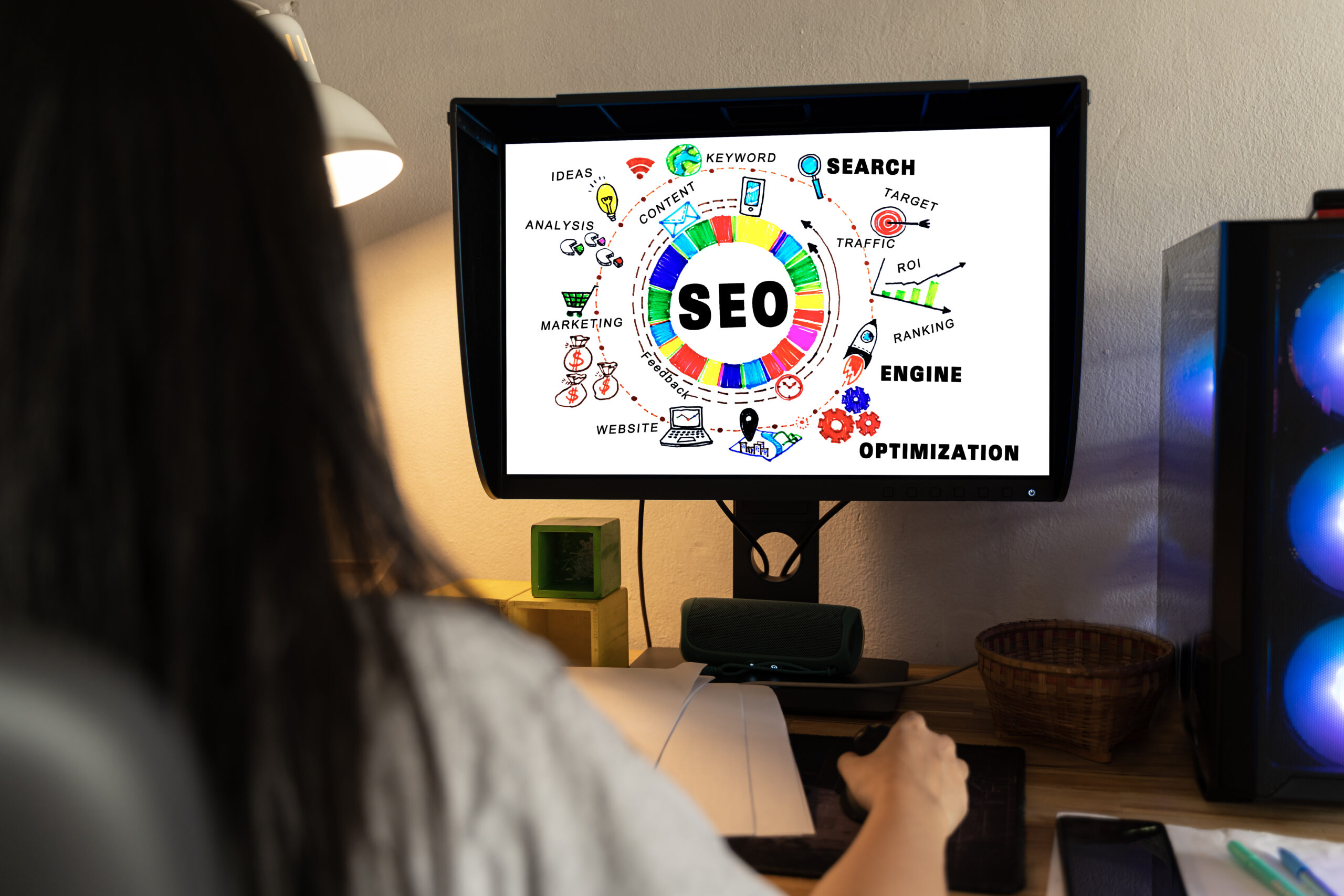Table of Contents
Living a balanced lifestyle is more than just following trends—it’s about cultivating daily habits that improve overall health, productivity, and happiness. As the pace of modern life accelerates, more people are turning their attention to conscious living to gain a sense of control and fulfillment. Lifestyle choices play a vital role in determining physical health, mental wellness, and social relationships.
1. The Core Elements of a Healthy Lifestyle
Creating a sustainable lifestyle begins with understanding its foundational components. These areas impact every part of daily living and guide how people interact with their surroundings and themselves.
Nutrition and Balanced Diet
A well-balanced diet fuels the body and supports essential functions like digestion, immunity, and brain health. Including a mix of proteins, healthy fats, vitamins, and fiber can drastically improve energy levels and prevent chronic diseases. Processed foods, high sugar intake, and skipping meals can lead to fatigue, weight gain, and long-term health complications.
Physical Activity and Fitness
Exercise is not limited to weight loss; it’s crucial for maintaining cardiovascular health, improving posture, building strength, and reducing stress. Incorporating simple activities like walking, stretching, or yoga into a daily routine can make a significant difference. Fitness doesn’t always require gym equipment—bodyweight exercises or outdoor activities also promote an active lifestyle.
Mental and Emotional Wellbeing
Emotional intelligence and mental resilience are key indicators of a healthy lifestyle. Practices such as mindfulness, journaling, therapy, or simply engaging in hobbies help reduce anxiety and elevate mood. Ignoring mental health often leads to burnout and emotional fatigue, which can manifest physically over time.
Sleep Hygiene and Rest
Sleep is often underestimated, yet it plays a critical role in recovery and cognitive function. Adults should aim for 7–9 hours of sleep each night, avoiding screens before bed and maintaining a regular sleep schedule. Sleep deprivation affects memory, attention span, and even metabolism.
2. Adopting Lifestyle Habits for Long-Term Growth
Embracing long-term lifestyle changes takes commitment, awareness, and flexibility. Sustainable habits are built gradually and are best supported through consistency and community engagement.
Time Management and Routine
Time is a non-renewable resource, and how it is managed affects productivity and mental peace. Creating daily routines helps reduce decision fatigue and allows more room for creativity. Tools like planners, digital calendars, or to-do lists can enhance focus and keep priorities in check.
Digital Detox and Screen Balance
As digital dependency grows, so does the need for unplugging. Constant screen exposure contributes to eye strain, poor posture, and disrupted sleep patterns. Scheduling regular digital detoxes or setting screen-time limits helps restore balance and encourages real-life interactions.
Financial Health and Budgeting
A financially stable lifestyle ensures peace of mind and the freedom to make life-enhancing decisions. Tracking expenses, saving consistently, and understanding financial goals contribute to long-term security. Overspending or living beyond one’s means can lead to stress and hinder other aspects of wellbeing.
Environmental Awareness
Sustainable living isn’t just a buzzword; it’s a responsibility. Simple actions like reducing plastic use, conserving energy, and supporting local businesses create a positive impact. A lifestyle rooted in environmental consciousness contributes to both personal satisfaction and planetary health.
Social Connection and Relationships
Strong social ties support emotional health and boost resilience during life’s challenges. Whether through family, friends, or community groups, relationships provide a support system and enhance the sense of belonging. Isolation or neglecting relationships can lead to feelings of loneliness and decreased mental health.
Personal Development and Learning
Lifelong learning keeps the mind agile and encourages adaptability. Reading, taking courses, or developing new skills contribute to confidence and personal satisfaction. Investing in personal growth fosters purpose and keeps motivation high.
3. Trends and Shifts in Modern Lifestyle Choices
Lifestyle trends evolve as societies change, influenced by technology, culture, and global events. While some trends are fleeting, others bring lasting positive change when aligned with individual needs and values.
Minimalism and Decluttering
Minimalism promotes intentional living by focusing on what truly adds value. Decluttering physical spaces leads to mental clarity and reduced stress. It’s about quality over quantity—simplifying possessions, schedules, and obligations to regain focus on what matters.
Remote Work and Hybrid Living
The rise of remote work has transformed daily routines, offering flexibility and work-life balance. However, it also demands self-discipline, space organization, and mental boundaries to avoid burnout. Hybrid models are emerging as a preferred lifestyle for many professionals.
Plant-Based and Conscious Eating
Dietary trends are shifting toward sustainability, with more people embracing plant-based diets. Conscious eating includes understanding food sourcing, nutritional impact, and ethical considerations. This approach supports both personal health and environmental sustainability.
Mindful Consumption and Slow Living
Mindful consumption encourages people to pause before purchasing or engaging with content. It extends beyond products to include time, energy, and attention. Slow living emphasizes quality, presence, and intentionality—rejecting the culture of constant hustle.
Wellness Tech and Self-Tracking
Wearables, fitness apps, and health monitors are enabling people to track sleep, activity, hydration, and even stress levels. While technology can support health goals, over-reliance may cause unnecessary anxiety or obsession with metrics. The key is balance and mindful use.
Urban Living and Green Spaces
City lifestyles are adapting to include more green areas, walkable neighborhoods, and wellness-focused amenities. Urban dwellers are seeking outdoor escapes and eco-conscious architecture to improve quality of life. Access to nature within cities is becoming an essential lifestyle feature.
Summary
Lifestyle is a reflection of personal values, choices, and routines that shape physical, mental, and emotional health. From nutrition and exercise to social connections and financial habits, every decision contributes to overall wellbeing. With emerging trends like minimalism, remote work, and wellness tech, people are increasingly seeking lifestyle changes that align with their personal goals and values.
Building a meaningful lifestyle doesn’t require perfection—it requires awareness, adaptability, and a willingness to grow. In a world that demands constant motion, choosing to live consciously is the most empowering step toward long-term wellness and happiness.
Would you like a downloadable version of this article or a version tailored for SEO optimization?
You can also visit our blog : https://wojisson.free-blogz.com/81983422/raz-vape-innovation-flavor-and-performance-redefined






Leave a Reply